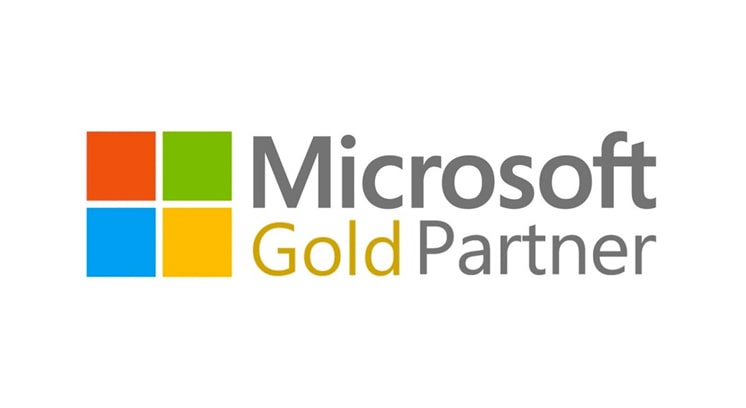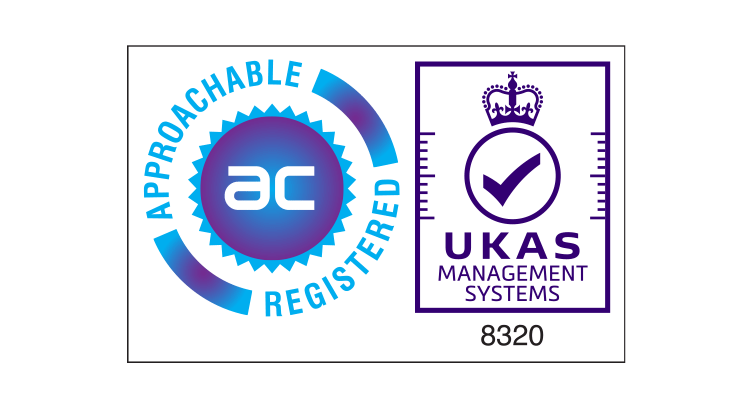Interoperability in the NHS – Insights and Observations
I had the opportunity to attend my very first political party conference last week – not a statement of any political tendencies of my own – but I had the chance to get closer to the decision makers on some key topics that are of great interest to me. I must admit, that when this was suggested to me for the first time, I probably made a deep sighing sound, linked with thoughts of how I can either “dodge this bullet” or find a suitably believable excuse. In reality neither as forthcoming, and last week I travelled to Birmingham for The Conservative Party Conference wondering what the next couple of days would bring.
Fortunately I had some old hands to guide me at the conference in the guise of our political advisors. They did a great job of keeping me moving and focused at the right discussions. My focus was clearly on the NHS and healthcare discussions, and my particular agenda related to ensuring that the goals of the NHS can be achieved with the appropriate use of technology – but that the technology used must have the appropriate level of interoperability.
I was guided towards a number of fringe events where MP’s and leaders of the NHS or interested parties would debate such topics as “Will technology revolutionise public services” and “The New NHS: Efficiency and new ways of working”, the discussions where both well attended and lively, and opinions passionate and well presented – – it was enlightening, if at the same time frustrating to witness many of these discussions first hand. Clearly hugely capable individuals, frustrated and hamstrung by the situations created within the NHS – something I am familiar with. I genuinely believe that the NHS is full of very capable very motivated individuals, but that the limitations of the system, and imposed decision making means that progress is often painfully slow. How does this manifest itself – well actually to my surprise a number of people recognised and even introduced the very topic I was there to discuss – namely technology and interoperability (or sometimes lack of). Although many discussions invariably started with a discussion of funding or funding options for the NHS, what they quickly boiled down to was four issues:
- Efficiency – for how to achieve it
- Morale – or how to improve it
- Quality – how to make sure it happens
- Communications – and how to make it work across departments or even disciplines (Social Care to NHS for instance)
It was widely then recognised that although technology could provide solutions for many of these issues, that the current systems and a complete lack of integration or interoperability was the major stumbling block. Of course I subscribe to this same view. I have seen the effect our own technology has on the efficiency of nurses, and the ability to gives them to spend more time with patients, and how just by letting nurses nurse, morale improves very quickly! But I also live with the fact that getting everyone that provides technology to work together and cooperate for the good of the NHS. It’s a very difficult task!
I left the event with a renewed sense of mission and a feeling that there are a significant number of others with the same cause.
And strength in numbers will prevail!







